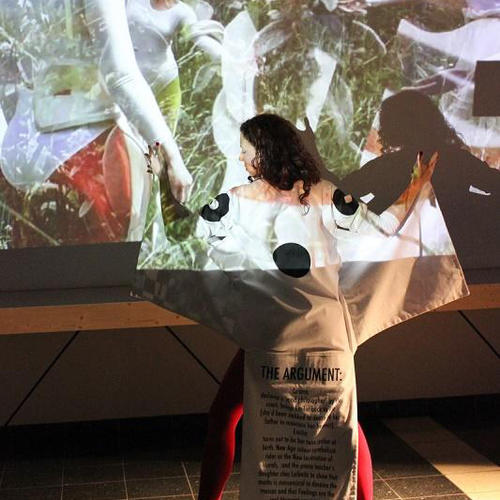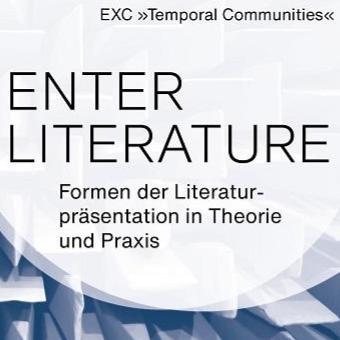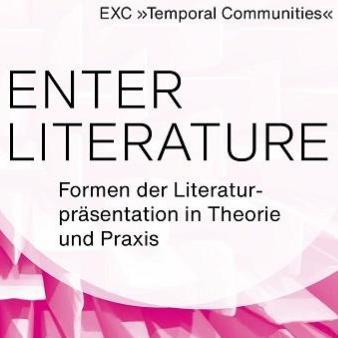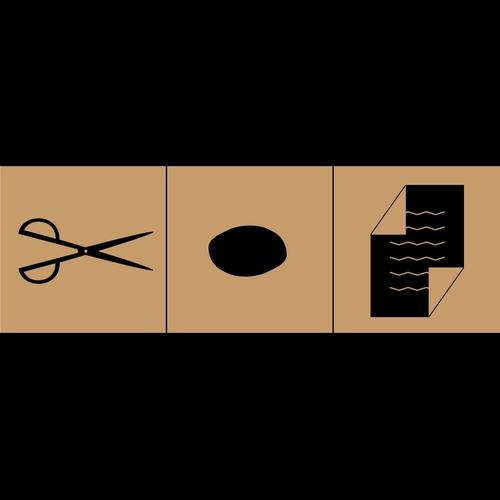Beyond the book – Concepts and practices of public readings (2020–2022)
Lena Hintze, Research Area 4: "Literary Currencies"
Professional-Track Postdoctoral Project
Since the establishment of literature houses in the 1980s, public readings have enjoyed increasing popularity in Germany. For the cultural sector, readings are the characteristic form of literary performance, but in contrast to other text-based arts such as theater performances or operas, literary readings are still regarded with restraint from a scholarly point of view. However, the lack of theoretical attention has not diminished the differentiation of various reading formats. There is still the traditional "glass of water" reading with its functional setting of author and presenter on a stage and an audience sitting opposite to the speakers. Beyond that, performative and trans-disciplinary literary events are becoming more and more widespread. In addition to literary installations or visual presentations of texts, authors are working on performances or happenings. Precisely staged, space-consuming or concert-like literary events have their place, as do experiments with aleatorics or audience involvement. The text, in a book mostly static, thus becomes a fragile, changeable entity in which the clear distinctions of literature from other genres of art blur. When the medial presence of writing is extended to sound, image or movement, the aesthetic autonomy of the literary performance is brought into focus.
Connected with these changing formats of literary presentations are questions about the mediality of the literary event and its contexts. What is the relationship between the voice and the body of the author and the text in a literary presentation? Does the performance inscribe itself into the text? Which types of language and notation are used to do that? How can the reciprocal dynamic between the text and its performance be conceptualized from a literary studies perspective? Central to the understanding of these and other questions are historical examples of public presentations of literature that reach out to other genres of art, as well as their forms of publication. In complementary formats of literary research and cultural practice the project seeks to investigate the relation between process and product, author and interpreter, event and text. The findings of the project's research will be developed in a trans-disciplinary exchange with artists, scholars, and practitioners from the fields involved.



